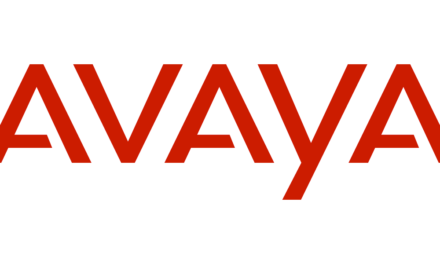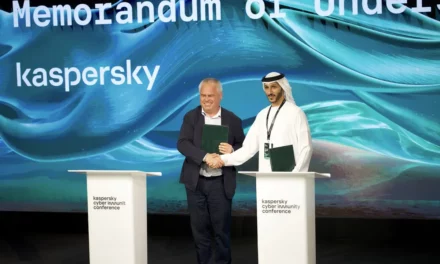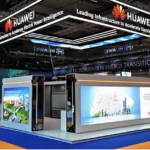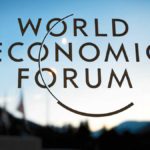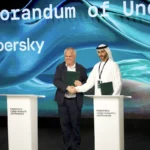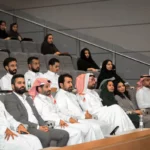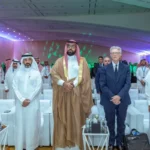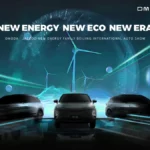
Technological neutrality: the path to political balance and economic stability World technology between China and the United States of America
Author: Dr. Abdul Rahim Al Hour

It is evident that all economic sectors, now and in the future, depend on communication technology and artificial intelligence. These include the industrial sector, the service sector, and even the intellectual sector, such as law, medicine, philosophy, and other humanities. These technology applications also have a cross-industry impact in fields like agriculture, medicine, food industries, education, and more. For example, mobile technologies and related services generated $4.5 trillion of added economic value, or 5% of global GDP in 2021, according to the GSMA. This figure will grow by more than $400 billion by 2025 to nearly $5 trillion as countries increasingly benefit from the improvements in productivity and efficiency brought about by the increased take-up of mobile services.
In short, the future depends on communication technology and artificial intelligence, which necessitates neutralizing the technology industry from political alliances and prioritizing national economic and strategic interests. This proposal suggests an innovative political-economic idea, which is the use of technology as a catalyst for building multipolar international alliances so that technology serves as the gateway for countries to integrate their relations and alliances for the benefit of all parties.
We have distinct examples in Qatar and Saudi Arabia. These two Gulf countries have achieved an effective balance of diversity in leveraging more than one global technology provider – whether it is the likes of Huawei, the 5G technology giant, or a major US-based technology provider – and have achieved remarkable results. Some countries, like Jordan, are working on launching 5G and accelerating its commercial implementation to benefit every citizen, household, and organization.
Nation states stand to gain from the technical prowess, solid experience, and state-of-the-art infrastructure that these tech giants can offer given the invaluable investments they make in R&D of new technologies like 5G. Take the example of Huawei – its total R&D spending has reached over USD132.5 billion in the past ten years. By the end of 2021, Huawei was granted more than 110,000 patents across over 45,000 patent families, with U.S. patents in the same year reaching more than USD 3 billion in value.
While it is understandable that there are geopolitical considerations related to the selection of suppliers, national leaders must consider the desired benefits of technologies that its citizens and companies eagerly expect. This is why it is fundamentally imperative to have balanced international partnerships. For instance, the range of solutions, products, and services provided by Huawei to customers in Jordan includes traditional telecommunications networks such as the 2nd, 3rd, and 4th generations delivered to five million Jordanian citizens through local telecom companies.
In addition, the company provides the infrastructure required by the largest banks in Jordan, storage services to ministries, video conferencing systems, and campus networks. Global markets are teeming with competition among devices, computers, and smartwatches from all manufacturers around the world, supporting the delivery of high-quality products and competitive prices.
Blocking Huawei from Jordan 5G launch project could mean putting barriers in front of Jordan 3 telecom operators and Huawei strategic partnerships proven tracked records telecom networks success over years. The inability to build on the existing networks success may lead to delays in project launch and overall outcome, away of taking advantage of the many vendors healthy competition for the best quality and prices.
Furthermore, everyone around the globe can learn, innovate and compete if they are duly supported with the right investment in scientific research and by building multiple partnerships. Additionally, international technological partners should not be excluded based on geopolitical reasons or political alliances. For example, strengthening the partnership with Huawei in Jordan led to the unmatched success of the three operators in the Kingdom through their strategic alliance for many years. Technology neutrality and non-exclusion impact confidence in markets, quality, and price competitiveness. Providing heathy business environment, fair and transparent competition opportunities to all global vendors will guarantee the best outcome as those vendors will be motivated to share their global knowledge and expertise for the benefit of Jordan sustainable digital future.
I believe that an opportunity lies for any Arab company or country to compete at a global level – and this can be done by driving research and development efforts. We should realize the power of investing in innovative capabilities, and the benefits this has on growing the technological ecosystem, and our lives as a whole. Technology is the way forward for us, and we should realize its power to improve our lives and the needs of the citizens, and the progress of our humankind is over and above any geopolitics.





